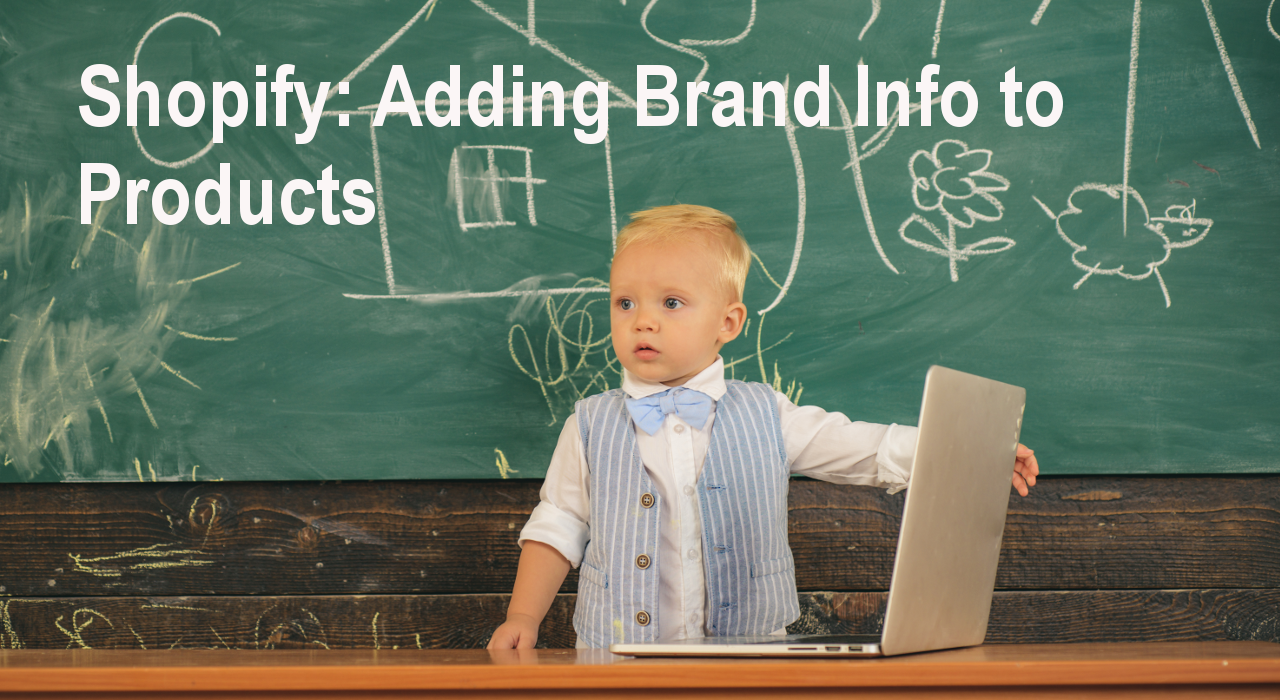Statistics show that eight in 10 U.S. consumers shop online. Whether it's from a desktop computer, laptop computer, smartphone, tablet or even a smart speaker, e-commerce offers an unparalleled level of convenience, allowing consumers to find and purchase products without visiting a local store. If you're planning to enter the market by launching an online store, though, you'll need to choose the right e-commerce platform.

There are dozens of e-commerce platforms on which you can build and manage your e-commerce website, but few compare to the power and versatility of BigCommerce and Shopify. Both platforms are offered as a Software-as-a-Service (SaaS), meaning you pay for a subscription to use them. Using a SaaS service means you do not have to host or maintain any software, you are free to run your business. After subscribing to either of the platforms, you can create new product pages, edit content, manage orders and more from a web-based interface. However, there are major differences between BigCommerce and Shopify that can affect your ability to build and manage an online store.
Get a Free Consultation
Themes
You can customize the design of your online store using either of these e-commerce platforms by downloading a new theme. There are hundreds of themes available for both BigCommerce and Shopify that allow you to instantly change the layout and appearance of your online store. Some of these themes are free, though most cost around $100 to $200, with BigCommerce's premium themes typically costing more than Shopify's.
Pricing
BigCommerce and Shopify use similar pricing for their respective platforms. The Shopify Basic plan costs $29.99 per month, whereas the BigCommerce Standard plan costs $29.95 per month. Both platforms offer several higher-tiered plans as well. There's the $79-per-month Shopify plan and the $79.95-per-month BigCommerce Plus plan. And for large e-commerce businesses, there's the $299-per-month Shopify Advanced Plan and the $249.95-per-month BigCommerce Pro plan. Higher-tiered plans on both e-commerce platforms offer lower credit card fees than lower-tiered plans, making them a smart choice for online stores that process a large volume of transactions.
You can also try either of these e-commerce platforms for free by taking advantage of their free trial period. Shopify offers a 14-day free trail for all new customers, while BigCommerce offers a 15-day free trial.
Apps
Considering that it powers about six times as many online stores as BigCommerce, it shouldn't come as a surprise to learn that Shopify more apps than its counterpart. There are currently more than 1,200 apps available for Shopify stores, some of which include Facebook Channel, Instagram Channel, Point of Sale, Quickbooks Online, MailChimp, Product Reviews and more. BigCommerce, on the other hand, offers a smaller library consisting of just a few hundred apps. Essentially Shopify will offer you more flexibility to extend the core functionality of the platform and integrate with more third party marketplaces.
Blogging
Building a successful online store requires more than just creating product pages. You must fill your online store with rich content, such as a blog. Publishing informative, non-advertorial blog posts encourages search engines to rank your online store higher in their search results, connecting you with more potential customers. Until recently, only Shopify offered a native blogging feature. Now, however, BigCommerce offers it as well.
The two platforms' blogging feature is similar in that they both allow you to create a dedicated section on your store where you can publish new blog posts, but Shopify's blogging feature is cleaner and more refined. Furthermore, only Shopify's blogging feature supports native visitor comments. For visitors to leave a comment on your BigCommerce blog, you must use a Disqus-enabled theme or download a separate app.
To add a blog to your Shopify store, just log in to your admin interface and click Online Store > Blog Posts > Manage blogs > Add blog. BigCommerce already creates a default blog for all new stores. You can add posts to your BigCommerce blog by accessing your admin interface and selecting "Blog" on the left-side menu, followed by the plus icon at the top of the screen.
SEO
BigCommerce and Shopify offer similar search engine optimization (SEO) features. Both e-commerce platforms allow you to customize the titles and meta descriptions of your pages. The only exception is titles for blog post pages on BigCommerce, which the platform automatically creates on your behalf using the posts' headers and name of your online store.
URL slugs are also customizable on BigCommerce and Shopify. Rather than using a string of generic characters, you can customize your online store's URL slugs to reflect page names, product names or other relevant information that could otherwise help you achieve higher search rankings. Shopify is slightly more restrictive, however, as it forces the inclusion of directory names for products and collections in URL slugs.
Google Analytics is easy to set up on BigCommerce and Shopify. Just grab the tracking code from your Google Analytics dashboard and add it to your online store via the "Settings" menu on either of the platforms.
Scalability
Scalability is an important characteristic to consider when choosing an e-commerce platform. Even if a platform can efficiently handle your online store now, it may struggle as your traffic and sales increase. If you're optimistic about your online store's future growth, you may want to choose Shopify for this reason. It's available in more countries, offers faster checkouts for your store's customers and features an intuitive back-end content management system.
Payment Processors
You'll have plenty of payment processors from which to choose, regardless of which e-commerce platform powers your online store. BigCommerce offers about 60 payment processors, whereas Shopify offers around 100 payment processors. Credit card and transaction fees vary between the different payment processors. With Shopify Payments, Shopify's exclusive in-house processor, you won't have to pay a transaction fee.
Customer Support
Customer support is top notch on both e-commerce platforms. If you have a question or need assistance setting up your online store, you can contact custom support 24 hours a day, seven days a week on either of these platforms by phone, email or live chat.
With online sales expected to grow at a year-over-year (YOY) rate of about 17 percent to 22 percent, according to a study conducted by Deloitte, there's no better time than now to launch an online store. Whether you choose BigCommerce or Shopify, you can create a fast, user-friendly online store to compete in this lucrative digital landscape.
At Germinate.com we help people launch their eCommerce dream on the web. If you have a dream and need some help, we are here to help turn your dream into reality.
Leave a comment (all fields required)
Comments will be approved before showing up.



